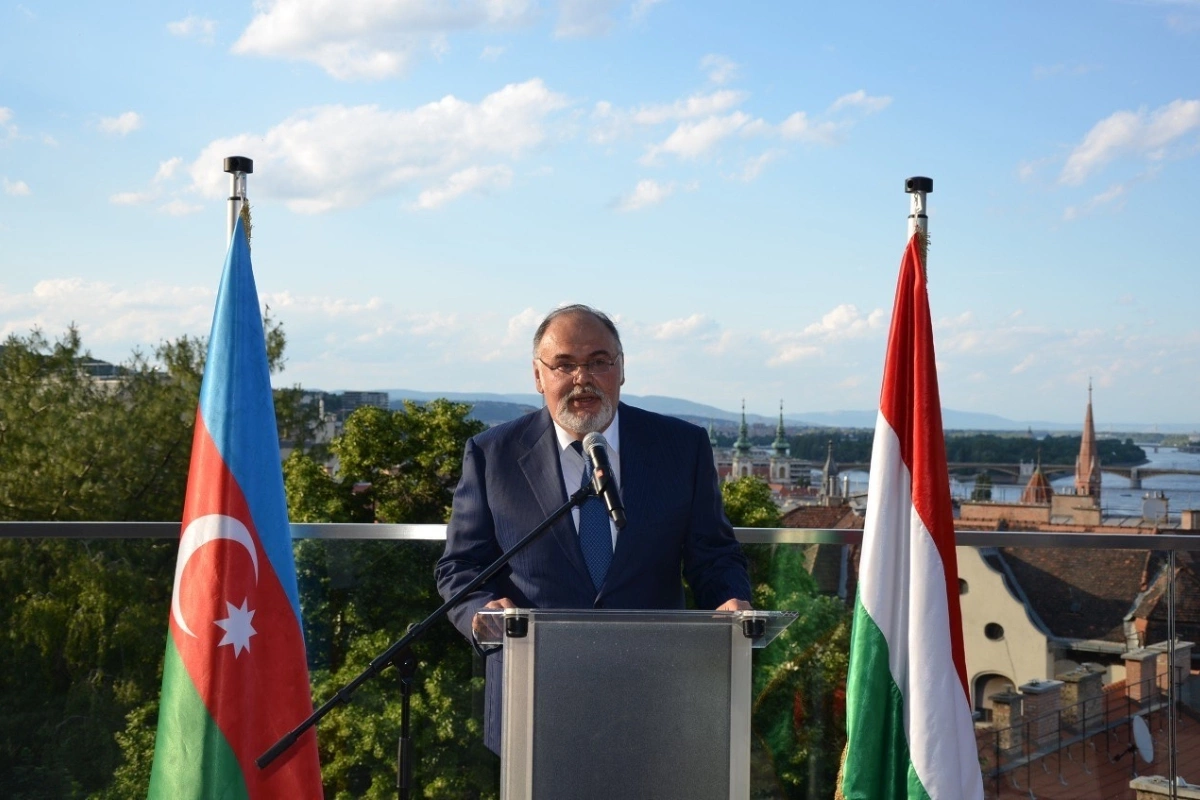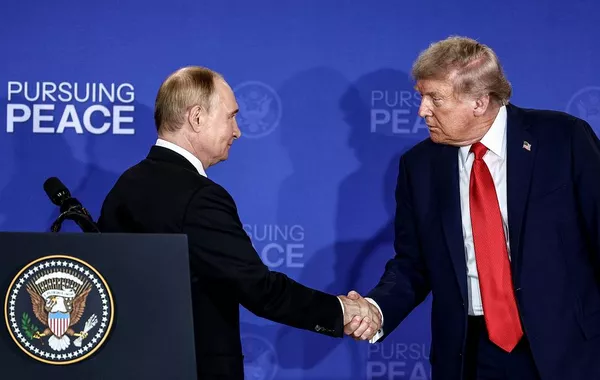
With high-level Azerbaijani visits to Central European and Balkan states increasing, the Caspian Post interviewed Baku’s ambassador to Budapest, Tahir Taghizadeh, on his country’s growing ties with these regions.
Image: azertag.az
In recent years, Baku has seen a flurry of high-level diplomatic engagements with both Central European and Balkan countries, including Slovakia, Albania, and Bulgaria, to name a few.
Another noteworthy meeting took place last month, when Hungarian leader Viktor Orban joined the Shusha summit of the Organization of Turkic States (OTS), an intergovernmental body dedicated to expanding cooperation between countries with Turkic heritage.
There are many facets to the steadily strengthening relations between Azerbaijan and its partners in Central Europe and the Balkans. Energy security in the face of Russia’s ongoing war in Ukraine is a major factor, but other fields such as culture have their own parts to play.
The Caspian Post spoke to Tahir Taghizadeh, Baku’s ambassador to Hungary, who works at the forefront of his country’s partnerships in these regions. The diplomat shared insights on different topics, such as the Prime Ministerial visit and expanding energy infrastructure. He also touched on Hungary’s international biannual celebration of Turkic heritage known as Kurultaj and the twinning of cities, alongside Azerbaijan’s position as a critical friend to Europe amid rising far right and Islamophobic sentiments across the continent.
CP: Ambassador Taghizadeh, thank you so much for taking the time to speak to us. You just accompanied Prime Minister Orban to Azerbaijan; how was the visit, and what does this mean for relations between Baku and Budapest?
Prime Minister Orban’s visit to Azerbaijan is of special importance for us. He became the first Prime Minister of an EU Member State to visit the liberated territories of Azerbaijan. This visit is a clear reflection of our enhanced strategic partnership and brotherly relations. Mr. Orban’s words of respect to President Ilham Aliyev for “giving back the possibility of living a peaceful life to several hundred thousand people in the Caucasus region” show a high level of friendly relations between the two leaders and the Hungarian PM’s appreciation of the current situation in the region. Furthermore, it reflects that, unlike some unfortunate cases in the international arena, Hungary has fully invested in promoting rapprochement and stability in the South Caucasus.
CP: Pivoting to the wider neighbourhood, how have Baku’s relations with Central Europe and the Balkans developed in recent years?
Azerbaijan leads a multifaceted foreign policy; we work with our neighbours and all the countries interested in mutual cooperation. Our historical similarities make it easier to find common fields for collaboration with Central Europe and the Balkans. In recent years, intensified high-level visits have contributed to further development of our relations. Strategic partnership agreements have been reached with Bulgaria, Serbia, and Slovakia. With Hungary, it has been taken a step further by signing a joint declaration on enhanced strategic partnership.
CP: Where does energy fit into the picture?
Of course, energy sources play a significant role in our relations with Central Europe and the Balkans. Not only natural gas but also green energy has become an important area for fruitful cooperation. For instance, we are cooperating with Georgia, Romania, and Hungary to build an underwater [1] electricity cable to deliver green energy to Europe. Recently, Bulgaria has also started showing interest in this project.
Hungary has already started importing Azerbaijani natural gas too, while Romania, Bulgaria, Albania, and Serbia are also importers. After all, the Southern Gas Corridor project—including the Trans Adriatic and Trans Anatolian Pipelines—is the main route to bring Caspian natural gas resources to European markets.
CP: How about cultural ties?
Especially with Hungary, we share common historical roots and cultural values. It is not a coincidence that the country has joined the OTS as an observer.
Take the Kurultaj, for example. This is an important event that showcases ancient traditions of the Turkic World, and Azerbaijan is regularly represented there by officials as well as representatives of cultural circles.
I would also like to mention that in January 2023, during the official visit of the President of the Republic of Azerbaijan to Hungary, a cooperation agreement was signed between Shusha and the Hungarian city of Veszprem, both of which were named cultural capitals that year for the Turkic World and Europe, respectively. Prior to this, we also twinned Shusha and Serbia’s city of Novi Pazar, the first such agreement signed after the liberation of the city.
CP: Last year, Azerbaijan’s Foreign Affairs Ministry condemned the burning of the Quran in Sweden. What role can your country play in countering Islamophobia in Europe as a multicultural Muslim-majority nation?
Azerbaijan is a multicultural country, and the rights and freedoms of our citizens are respected regardless of their ethnicity or religious affiliation. We expect the same attitude towards our cultural and religious values, including the Holy Quran. Azerbaijan stands against any kind of hatred and radical views, be it Islamophobia or religious extremism. We protect our national interests and respect other countries’ implementing the same policy. However, it must not necessarily mean violating the rights of minorities or showing disrespect to people who do not share similar values. Azerbaijan promotes peace, stability, and prosperity not only in the region of the South Caucasus but also worldwide, and we stand ready to cooperate with the European institutions to prevent any extremist views from becoming challenges for society.
Share on social media
